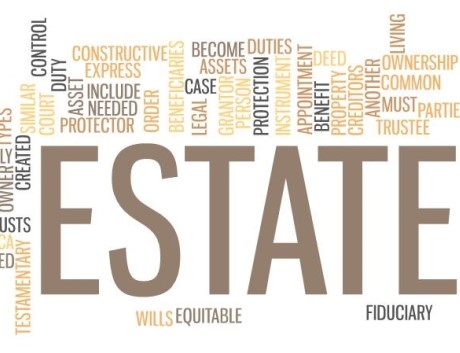A trust is a legal arrangement, where assets are held by one party (the trustee) for the benefit of another (beneficiary) as instructed by the owner (trustor/settlor). Recently many people have started to question the usefulness of trusts, given that the tax benefits afforded to trusts in the past, have eroded over time.
As a result, today, you need to ensure that you understand the rationale for a trust when examining whether this suits your needs correctly. Regardless of the questions being raised, trusts are still –useful vehicles, if used correctly.
In fact, as long as a trust is setup, managed and administered correctly, it can offer a number of advantages.
Asset protection
Trusts can be one of the most effective ways of protecting assets. In simple terms, assets transferred to a trust no longer form part of the settlor’s property, as a result, trust assets can be protected from creditors, should you face any financial difficulties.
However, under certain circumstances, the transfer of an asset into trust may be set aside by the court, and a judge is able to transfer any assets, back to the settlor.
Estate planning
Trusts provide a vital role in estate planning, as a trust is viewed as a separate legal entity, which cannot die. Hence any assets inside the trust continue even when the settlor passes away. As a result, a settlor can shield themselves against high estate duty and other charges at death.
Furthermore, a settlor can also ensure that his/her assets are managed in accordance with their original objective. For example, stating that the trustees must provide for a handicapped beneficiary (special trust) or that the trust should make a yearly donation to a charity of the settlor’s choice, etc.
A trust can be as specific as needed and if a functioning entity is left behind, complete with governance and oversight capabilities, the process works.
Additionally, many people do not want their assets to pass outright to their heirs and prefer to make more personalised arrangements. These might involve providing a source of income, but not capital, for a spouse for life, or making provision for the education of children but not giving them have access to capital until later in life. A trust is probably the most flexible way of planning for these issues.
In the past many trusts were set up to try and maximise tax efficiency, however, currently trust tax is set at 45%, making trusts the least tax efficient investment vehicles when compared to an individual or company.
Additionally, any capital gain captured inside the trust has an 80% inclusion rate, resulting in an effective rate of 36%! (special trusts have a 40% inclusion rate, resulting in an effective rate of 18%). Some capital gains and income tax can be passed onto beneficiaries and taxed in their hands.
In conclusion
Also problematic are the methods used in order to place assets into the trust. You can donate assets, but individuals are limited to R100,000 per year, or you pay donations tax in line with the same estate duty charges.
If assets are sold to the trust, and the trust doesn’t have capital to pay for the assets, then a loan account is set up, with more repercussions. The safest way is for the trust to buy assets at a reasonable market value with its own funds, but you need to create wealth inside the trust first.
Some options for this are to bequeath assets to a trust in your will; nominate a trust as a beneficiary of a life insurance policy, or you can register a new company that is owned 100% by the trust (much more tax efficient vehicle) and any dividends could be used to purchase assets or invest.


